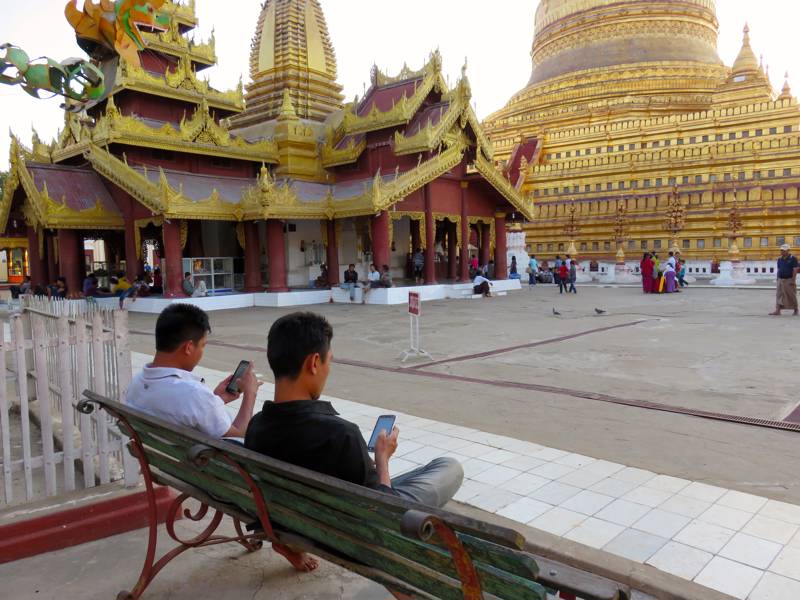In the last four years, Myanmar has gone from a "no phone country" to a "smart phone country". A people most of whom never used any kind of phones or ever had an e-mail account now consists of accomplished users of Facebook, Viber and other applications. In this research project, we ask questions about how and for what purposes social media are used, about interaction between commanders, officers and troops, and about ethnic armed groups' interaction with civilians in areas under their control.
Between 2012 and 2016, the number of smart phone users in Myanmar grew from 1.7 million to 51 million. This happened in a transitional period from a military dictatorship to a more open, semi-democratic regime. The transition was accompanied by a partial peace process affecting some parts of the country, while communal violence and armed conflict increased dramatically in other areas.
This project studies the ways by which the use of social media either exacerbates conflict or helps to build peace, and emphasizes gender-based and other violence against civilians. The data gathered will be used to test and contribute to peace research theory about conflict termination. This will be studied by:
- interviewing business executives as well as representatives of the country's many armed groups and the national army
- monitoring the use of social media
- using a specially designed smartphone application to collect data about clashes and violent incidents.
PRIO researchers will work together with researchers at the Myanmar Institute for Peace and Security (MIPS). MIPS is a non-governmental, non-partisan, independent research-based policy “think-and-do-tank” of academics, veterans of the peace process and security sectors, former exiles, prodemocracy activists, and international experts.
The project is funded by the Research Council of Norway's NORGLOBAL programme.








